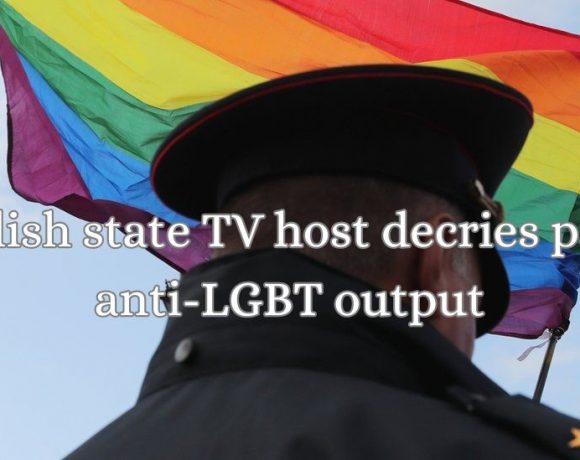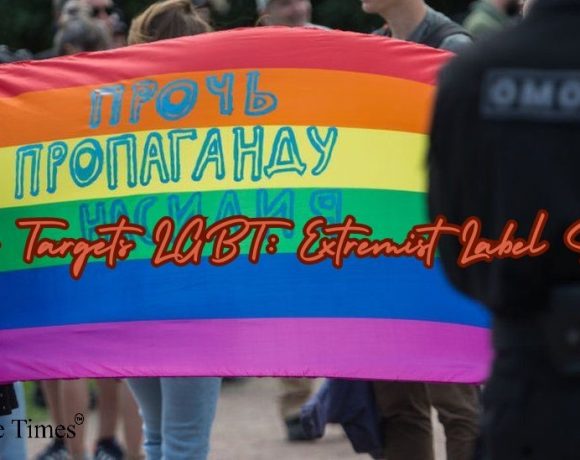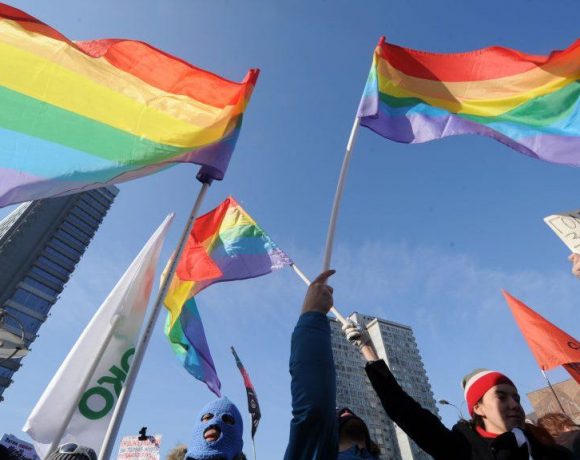
A journalist working for Poland’s state broadcaster has publicly expressed remorse for the channel’s complicity in disseminating anti-LGBT sentiment. Wojciech Szelag, the host of TVP Info, acknowledged the channel’s role in perpetuating hateful rhetoric against the LGBT community over the course of several years. He recognized that LGBT individuals had been subjected to derogatory language and discrimination, emphasizing that they are not merely an abstract ideology but are people with specific identities, relationships, and experiences.
During the Guest of the Evening show, Szelag offered a heartfelt apology to two LGBT activists, Bart Staszewski and Maja Heban. He emphasized the importance of acknowledging the humanity of LGBT individuals, expressing regret for the hurtful language and narratives propagated by TVP Info. Staszewski, deeply moved by the apology, highlighted the significant impact of the channel’s previous actions on the lives of LGBT people in Poland.
Under the previous government led by the Law and Justice (PiS) party, TVP Info frequently broadcast content that vilified the LGBT community. PiS leader Jaroslaw Kaczynski and his allies, including President Andrzej Duda, often condemned expressions of LGBT identity and promoted discriminatory rhetoric. However, since the new Prime Minister Donald Tusk assumed office, changes have been made to the broadcaster in an effort to depoliticize state media and promote more inclusive narratives.
The recent apology from TVP Info’s host reflects a broader shift in Poland’s media landscape, as the country grapples with issues of discrimination and intolerance. While the apology signifies a step towards acknowledging past wrongs, there is still much work to be done in fostering greater acceptance and understanding of the LGBT community in Polish society.
Picture Courtesy: Google/images are subject to copyright



